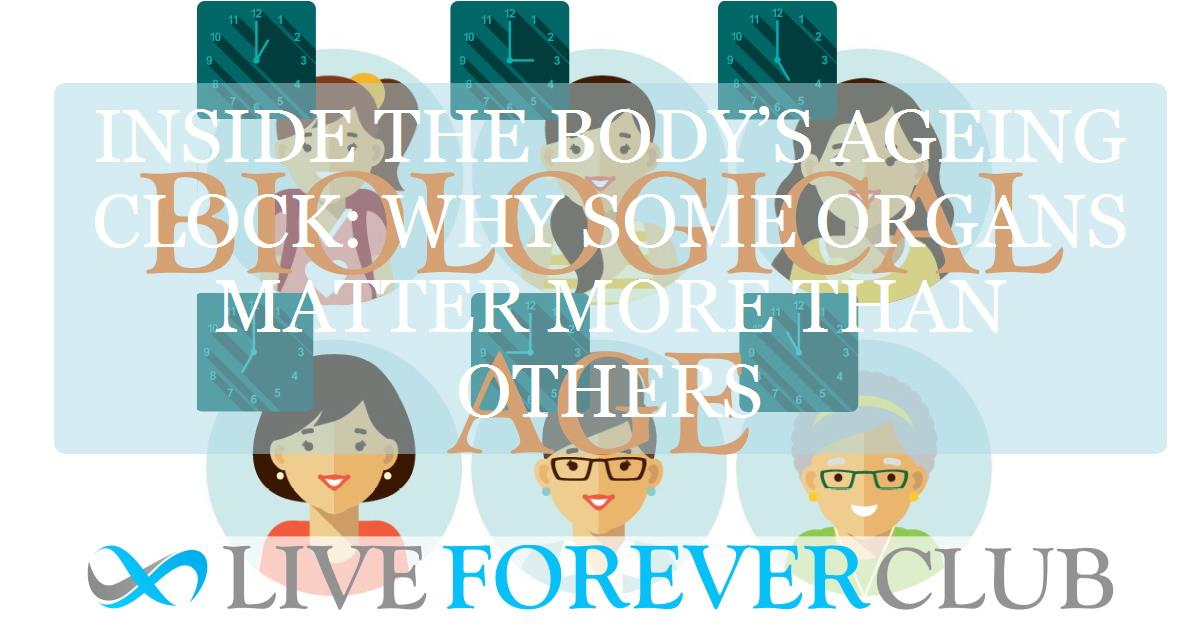Key points from article :
In a large-scale study, researchers have discovered that the relative youthfulness of a person's brain and immune system may be more important for longevity than other organs like the heart or lungs. Led by Hamilton Se-Hwee Oh at the Icahn School of Medicine at Mount Sinai, the team analysed blood samples from over 44,000 people aged 40–70, using data from the UK Biobank. They measured nearly 3,000 proteins linked to various organs and trained AI models to estimate the biological age of 11 different body systems, including the brain, immune system, and heart.
Their findings revealed that while organs age at different rates, having an older-than-expected immune system or brain was associated with a significantly higher risk of death—up to three times higher. Conversely, people with especially youthful brains or immune systems had a 40% lower risk of death, which rose to 56% when both were youthful. Interestingly, other organs like the heart or lungs didn’t seem to offer the same survival advantage when ageing slowly.
Experts such as Alan Cohen of Columbia University caution that these results might partly reflect which proteins are more detectable in the blood, potentially skewing which organs appear more influential. Additionally, the participant pool was predominantly wealthy and of European descent, raising concerns about how well the findings apply to more diverse populations.
While there are currently no targeted therapies to slow ageing in the brain or immune system, the identification of specific protein markers could pave the way for future drug development aimed at boosting longevity. Follow-up studies with broader demographic representation are planned to confirm and expand on these findings.







